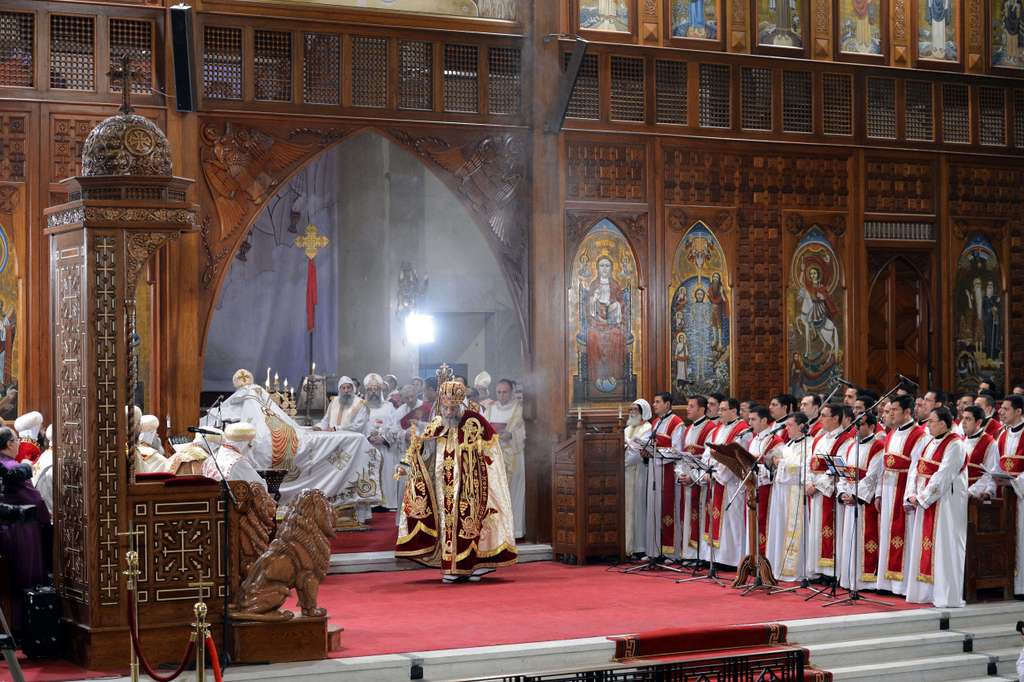US Senator Barack Obama represents a phenomenon that has drawn global attention and captivated the minds of Muslims around the world as he wages a spirited campaign to become the next president of the United States. In spite of the campaign s heated debate and some controversial rhetoric regarding Islam, large segments of Muslims remain fascinated with the elections and have become big fans of Obama.
This level of support for an American presidential candidate is unprecedented in the Muslim world. The fact that it comes amidst an almost unanimous feeling of indignation and rage towards US foreign policy – particularly in Iraq and Palestine – makes it even more noteworthy.
The simple explanation is that many Muslims see new reason for hope in the political approach of Obama and his advisors. His apparent eagerness to rally more international support for US policy, and even talk to America s enemies, is cause for optimism. Imagine what global politics might look like in Iraq, or Sudan, or Afghanistan, if Obama-like vision had influenced US leadership earlier.
As an Arab Muslim in Egypt who is affected by US foreign policy, I believe an Obama approach may help solve the accumulated problems between Muslims and the United States that have become more aggravated since the Sept. 11 terrorist attacks. New and more creative techniques for dealing with extremists instead of the controversial methods used by the current US administration could also stop giving Al Qaeda and other such groups the pretext for recruiting new members. Then, perhaps, extremists would lose the arguments that fuel their criminal machine and lead them to destroy innocent people.
There are, of course, those in the Muslim world who oppose Barack Obama. They argue that US policy will not change with a new president. To them I say that Obama has already proven there s room to rock the boat; he opposed the decision to invade Iraq and is making concrete, logical recommendations for withdrawing US troops.
Muslim cynics argue that all American politicians, including Obama, are biased toward Israel at the expense of Arabs. But we must differentiate between a candidate s support for a Jewish state and an inherent bias toward it. US friendship with Israel doesn t have to be a threat, especially if it results in taking a more active stance on creating just and fair policies for the rest of the Arab world.
And then there is the apostasy debate. When Obama was described as a potential Muslim apostate, many Muslims reacted with bewilderment and curiosity. Obama has said he was never a Muslim in the first place, yet some people considered him to be one through his father. But to me, it s clear that Islam is a free choice, not a hereditary imposition.
Other internet campaigns exploited Obama s alleged Muslim links by portraying America as a racist country whose citizens and politicians would never permit Obama to win because he is black and has Muslim roots. The effort was misleading, but nonetheless garnered the candidate even more sympathy in the Muslim world.
Obama s denial of being a Muslim does not mean that he sees it as an accusation; instead, he is distancing himself from charges of deceit and hypocrisy. It s time to move on from these unnecessary debates and judge this promising presidential candidate on his political visions and ability to balance global Muslim interests with those of his constituencies and friends.
By embracing dialogue with Muslim countries such as Syria and Iran, and jumpstarting US diplomatic efforts, Obama will open doors that have been shut – and bolted – in recent years. It is in the interest of all Muslim countries that the US president has such a constructive approach, even while maintaining a high degree of friendship with Israel and powers supporting it in the United States and abroad. In pursuing rational, inclusive and creative politics, Obama can remain effective while still overcoming obstacles that impede the path of global peace and co-existence.
Yasser Khalil is an Egyptian researcher and journalist. This article, translated from Arabic, was written for the Common Ground News Service (CGNews) and originally appeared in the Christian Science Monitor. It can be accessed at www.commongroundnews.org.


